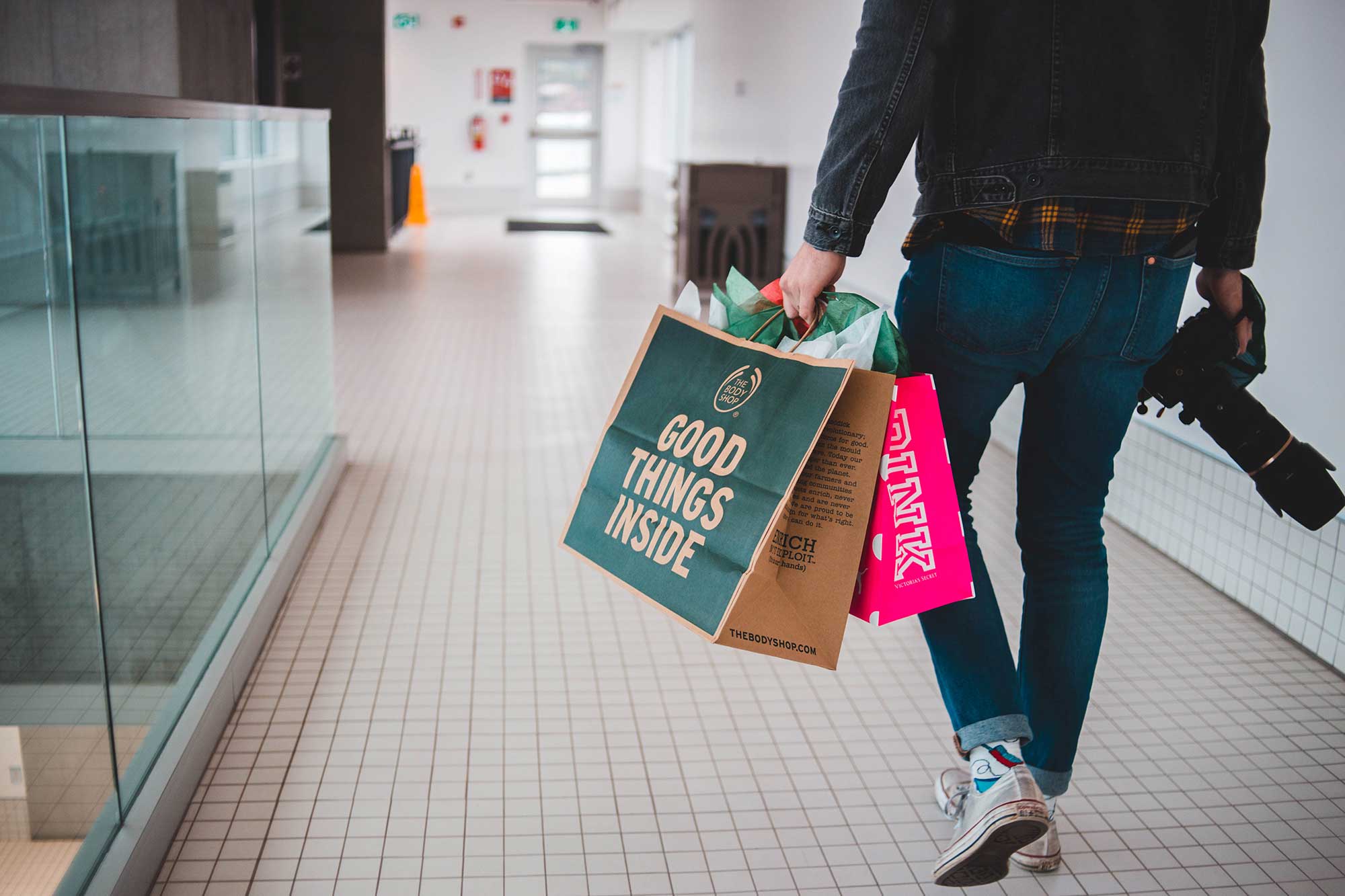During this extra-spendy time of year, companies work overtime to reel eco-conscious consumers in. That can mean labels and descriptions touting products as “sustainable” or “non-toxic,” or simply cardboard packaging laden with nature and animal motifs. It’s nothing new: Greenwashing has been around since the 1980s, like a comfy blanket that makes folks think they’re buying something that’s good for the Earth. It’s good for business, too—by 2030, the sustainability market is predicted to be worth $62 billion. Don’t be swayed.
“This notion that we can buy our way out of the climate crisis is incorrect,” says Sabs Katz, partnerships lead and co-founder of Intersectional Environmentalist, a climate justice nonprofit. “The assumption is if we switch all our products to more eco-friendly or sustainable ones, then we’re absolved of any other contributions that we might have to the climate crisis.”
Products that are actually gentler on the planet will be bolstered by evidence, research, and special certifications. Meanwhile, the Federal Trade Commission is in the process of updating its “green guides,” targeting phrases like “recyclable” and “zero carbon.” Official guidance notwithstanding, there are would-be green markers you will undoubtedly encounter as you browse the aisles this holiday season.
Keep an eye out for these bits of nonsense
Made with ocean-bound plastic. Hahahaha. File this claim as impossible to prove. Sure, the plastic those shoes or guitar picks were made from might have been discarded in the ocean eventually, but that’s not necessarily a certitude. Even if it were true, it’s a drop in the proverbial bucket: Only about 5% of plastic was recycled in 2021, we produce 400 million tons of it each year, and about 14 million tons lands in the ocean.
Made with recycled plastic. This doesn’t mean what you might think. “It’s worth questioning whether that is post-consumer recycled plastic or new virgin plastic,” says Katz. It’s become common for companies to make things out of virgin plastic, or scraps from their own manufacturing process, and call them “recycled.”
Biodegradable. Although this one sounds nice (bio = natural, and natural = good), the simple truth is that everything biodegrades—but sometimes it takes centuries. Plastic is still plastic: It’s going to break down into microplastics, and most of it is derived from fossil fuels.
Compostable. Just because a label says “compostable” doesn’t necessarily mean you can toss the product in your pile. There’s a wide chasm between industrial composting and the kind that turns scraps and leaves into fertilizer in your backyard. Compostable plastic must be broken down at a special facility unless it has a label that explicitly states it can be composted at home.
Degradable in a landfill. This relatively new phrase, is, you guessed it, not even a thing. “There is nothing that is expected to degrade in a landfill,” says Nathan Sell, the American Cleaning Institute’s senior director of sustainability who recently saw this badge on product packaging. “Landfills are not conducive to degradation” because they’re simply too packed for anything to break down.

